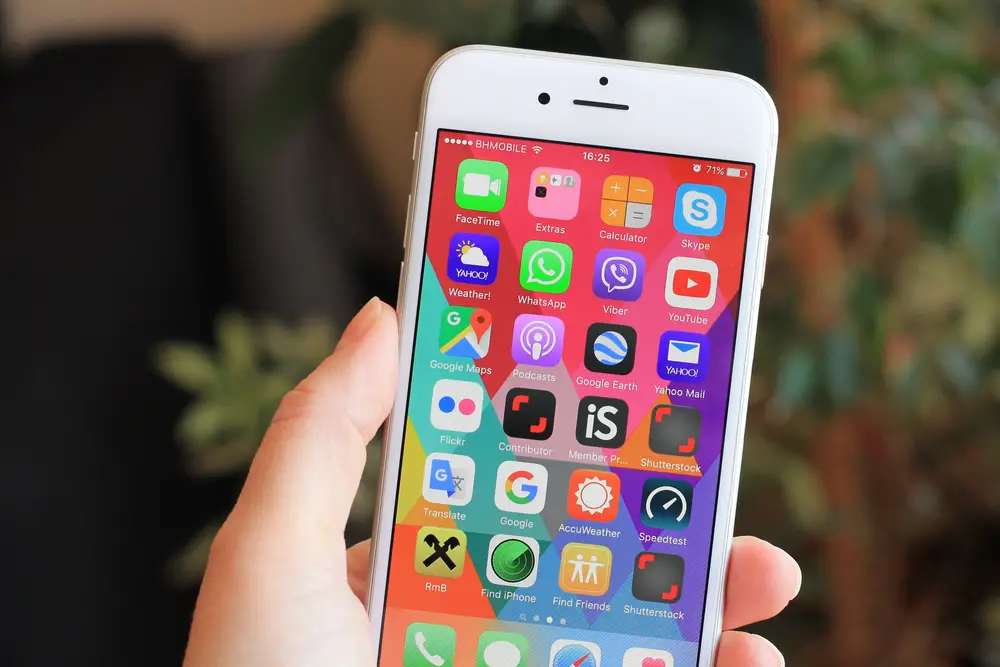On Monday morning, various iPhone owners reported having received a suspicious text message requesting them to confirm their personal details.
Originating from the number 365, the message informs the users that they have been blocked from their Apple ID.
They are then asked to confirm their personal information.
The only hint that this might be a scam comes from the fact that the word ‘Apple’ in the URL mentioned in the text message is misspelled as ‘appl’.
This seems to be a typical example of a phishing scam, which has one aim only: to get hold of your credit card and login information.
Meanwhile, over the weekend, Russian con artists launched various fake NZ Herald websites where iPhones are offered for sale at $1.
These clone sites have the same aim: to obtain the users’ financial and login info.
The issue was reported to FraudWatch, a global IT security firm, which subsequently took steps to remove the fake websites, online profiles and articles.
A week ago, New Zealand police confirmed a large increase in online scamming, with New Zealanders in particular being targeted.
A senior fraud manager at banking group ANZ said that she was convinced that the problem would get worse in future.
Natasha McFlinn pointed out that large businesses such as banks have upgraded their security systems over the last few years, which is why the scammers were now targeting consumers.
She added that tricking an individual into making an online payment was fairly easy and difficult to detect.
The fact that we are now moving into the usual year-end buying frenzy, with billions of internet users across the globe looking for cheap online deals, creates a perfect opportunity for scammers to trick people into making fake ‘purchases’.
Readers who become a victim of such a scam should immediately inform their bank and file a police report.






Add Comment